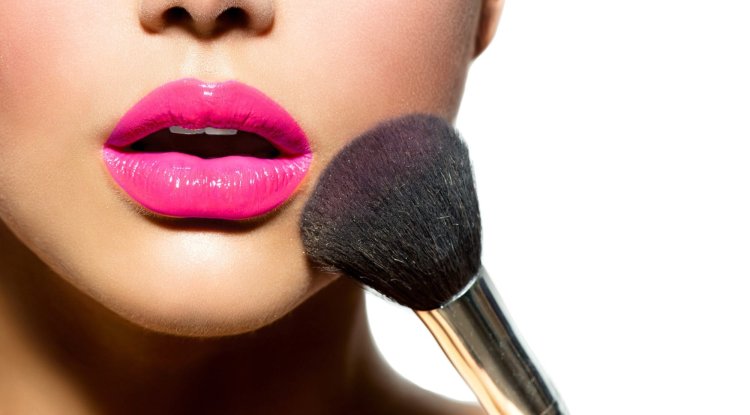Do you often sweat during the night?
If you experience night sweats, you're probably all too familiar with waking up tired. You've probably also said to yourself, more than once, "This can't be normal."

Sweating is a natural way of cooling down the body temperature. Sweat glands release water, which evaporates and releases heat, thus lowering the temperature. This is a regular process that happens at all times of the day if you are in a hot environment. However, sometimes this may even happen in a perfectly cool environment. A doctor may also refer to this as ‘sleep hyperhidrosis’.

If your night sweats have no obvious cause, there are several treatment options to reduce the effects.
First, let’s be clear: it’s perfectly normal to sweat during the night. We sweat all the time, and the addition of warm bedding and pajamas can make it more visible. While you think sweating in your sleep would be a bigger problem in the summer, it can actually become more problematic in the winter.
"Temperatures drop sharply and we start to wrap ourselves in layers and increase the central heating, which in some cases inevitably leads to heavy sweating during sleep - leaving the bedding damp and the bedroom with unpleasant odors," explains Baldeep Farmah, an aesthetic doctor.
Are you tired all the time? You may not have enough quality night's sleep. Have you ever wondered if you go to bed at the “right time”?
Experts claim that there is no right time to go to sleep, but still, something says about you when you go to bed. Causes include menopause stress and anxiety, low blood sugar, and hyperhidrosis (excessive sweating) medicines.
How to prevent night sweats?
It is worth talking to your doctor if you regularly struggle with night sweats, just to check if there is anything that could be causing it. If your night sweats have no obvious cause, there are several treatment options to reduce the effects.
- You can reduce night sweats by avoiding triggers such as stress, alcohol, spicy foods, smoking, and thick blankets.
- Try wearing pajamas made of breathable fabrics, such as cotton or silk, and turn off the central heating in your home at night.
- Also, the amount of cold water before going to bed helps some people who sweat at night to reach a more comfortable temperature, while some research has found a correlation between being overweight and sweating at night.
- Being overweight can contribute to other health problems, including those that affect sleep.
- Finding ways to relax can make it easier to fall asleep.
- Studies also show that techniques such as controlled breathing can help significantly reduce sweating for menopausal women.




























